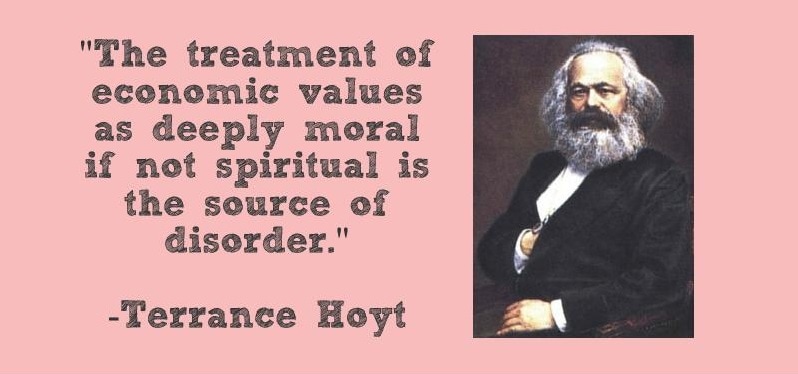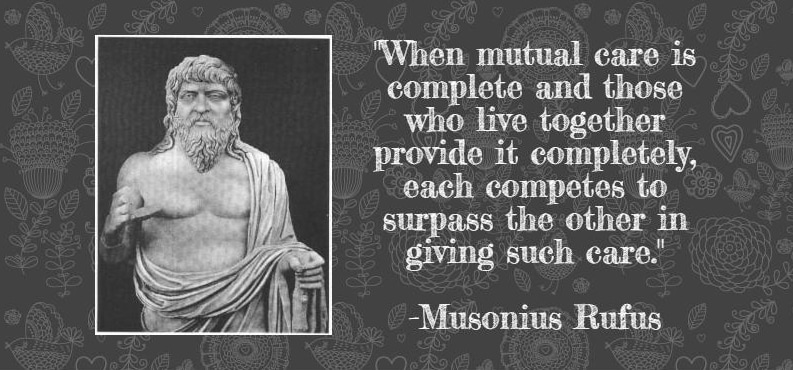The notion of disordered philosophy as argued by Terrance Hoyt is quite relevant at present. Disordered philosophies have polarized public discourse to the point where political and economic policy issues are now considered strictly moral: "Look for any policies talked about with intense moral language, that allow no compromise, and are all-or-nothing in their implementation," Hoyt states.
Marx and Rand represent opposite ends of the political spectrum and their respective philosophies have had untold influence. Both produced an extremist brand of thought based on a "morally pure," vision of society. And neither fits the description of a "good man," (or woman in Rand's case) based on Aristotle's criteria of inward focus on virtue. Disordered philosophers are not truly concerned about virtue or the good; they are essentially egoistic.
More disturbingly, philosophical personality types (I'm including myself here) seem to be at higher risk of becoming disordered philosophers as evidenced by a new book, When Reason Goes on Holiday. As thoughtful people concerned about virtue, what can we do to avoid falling victim to disordered philosophy? How can we identify and counter disordered philosophies which lead to increasing polarization and destabilization?











